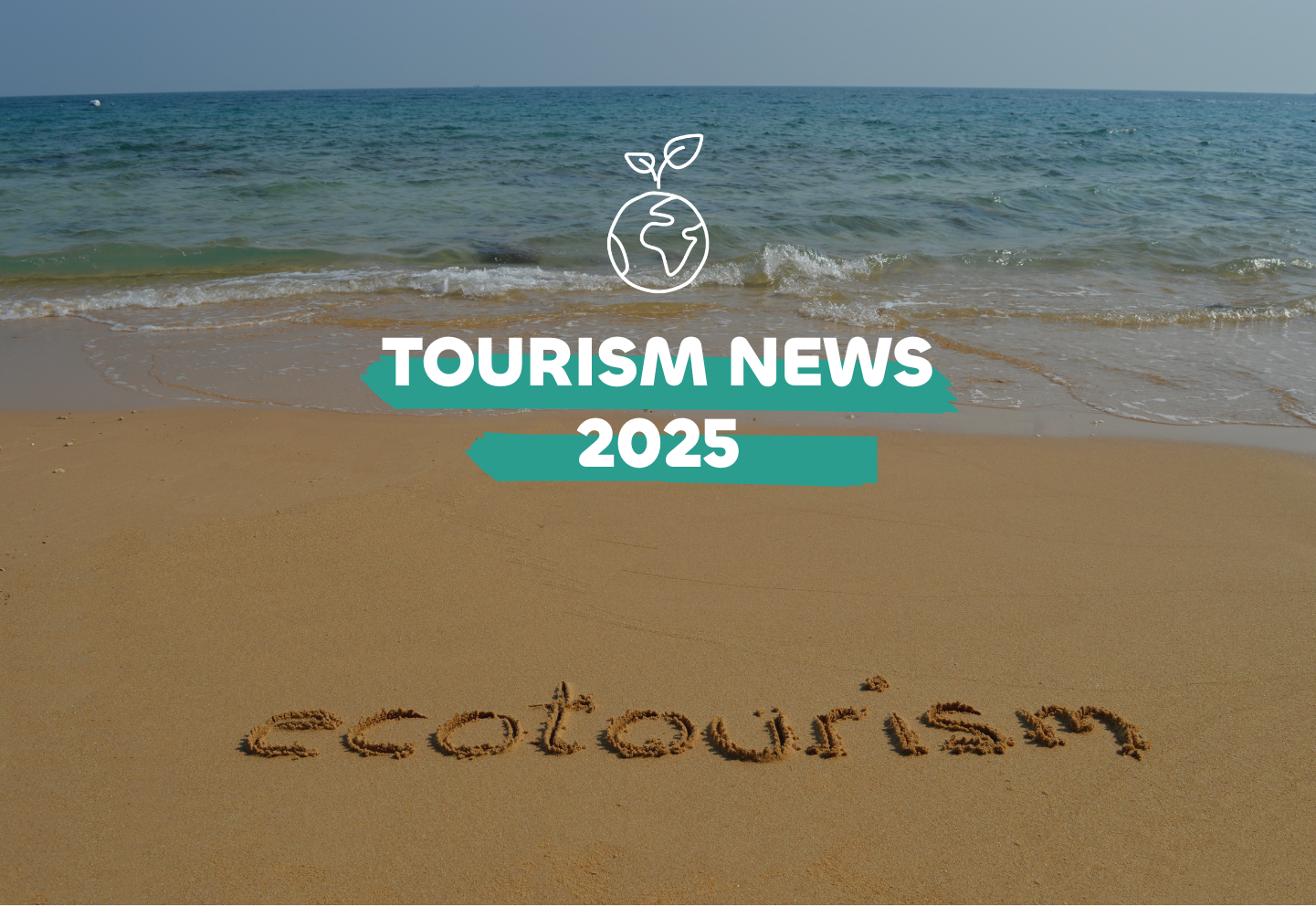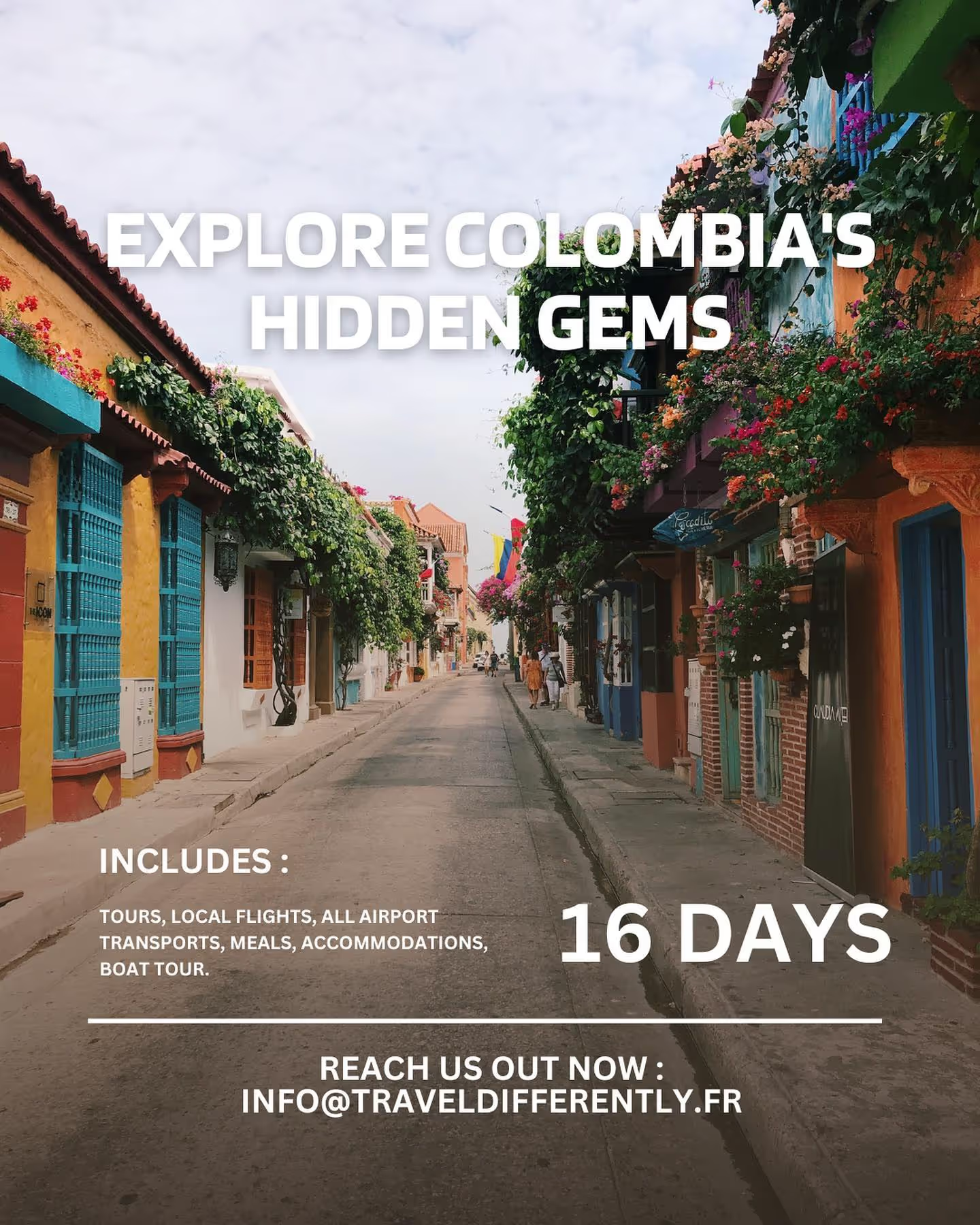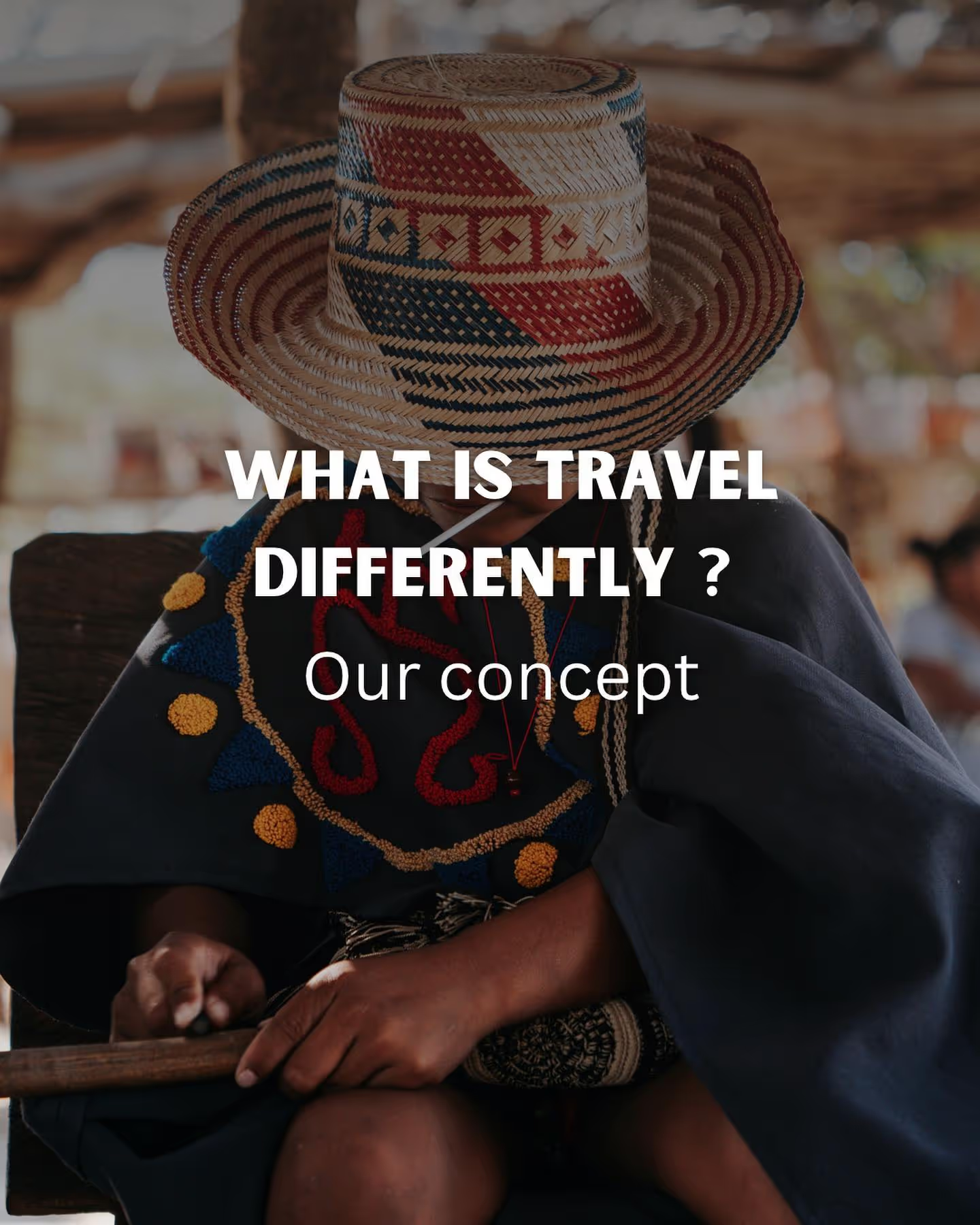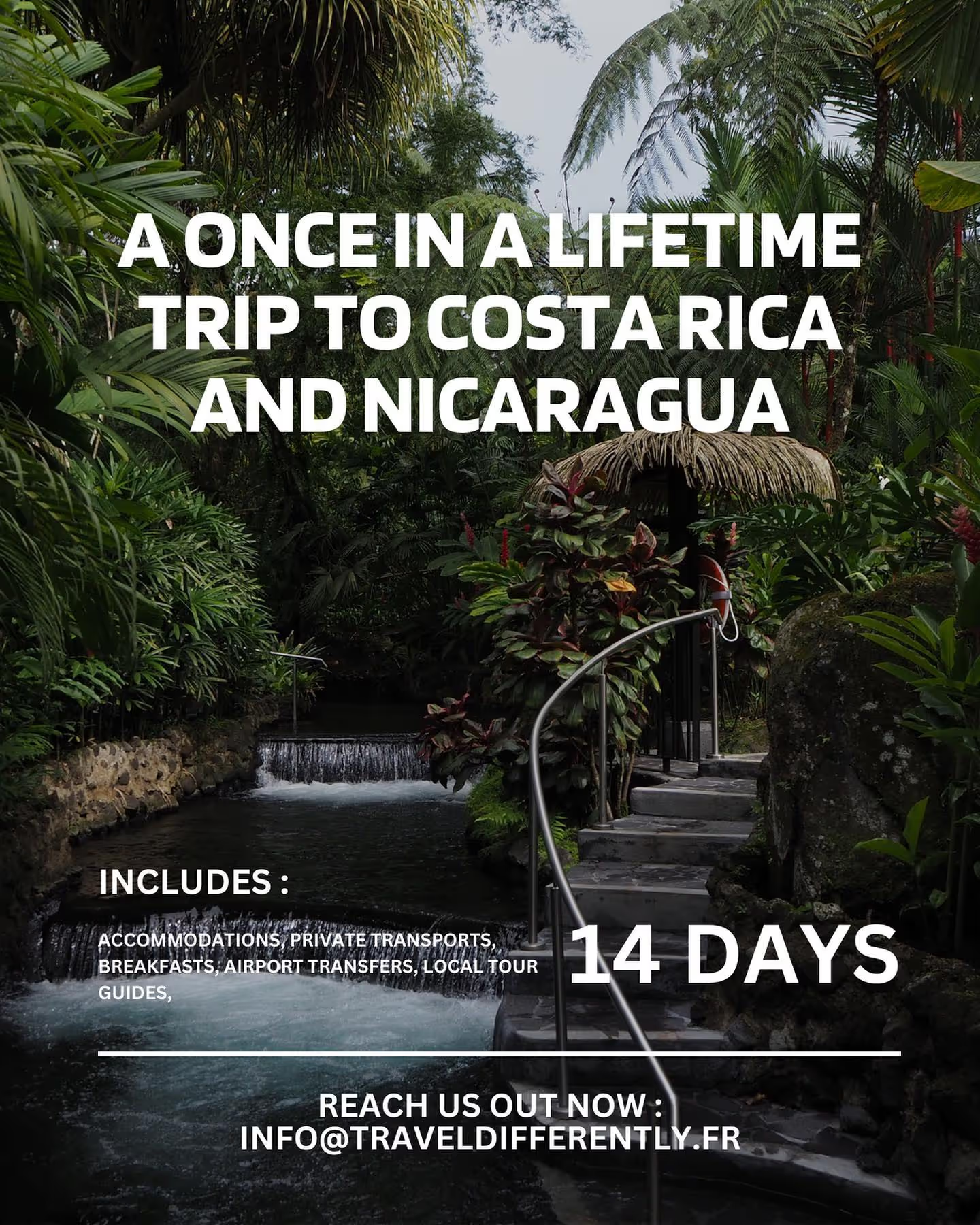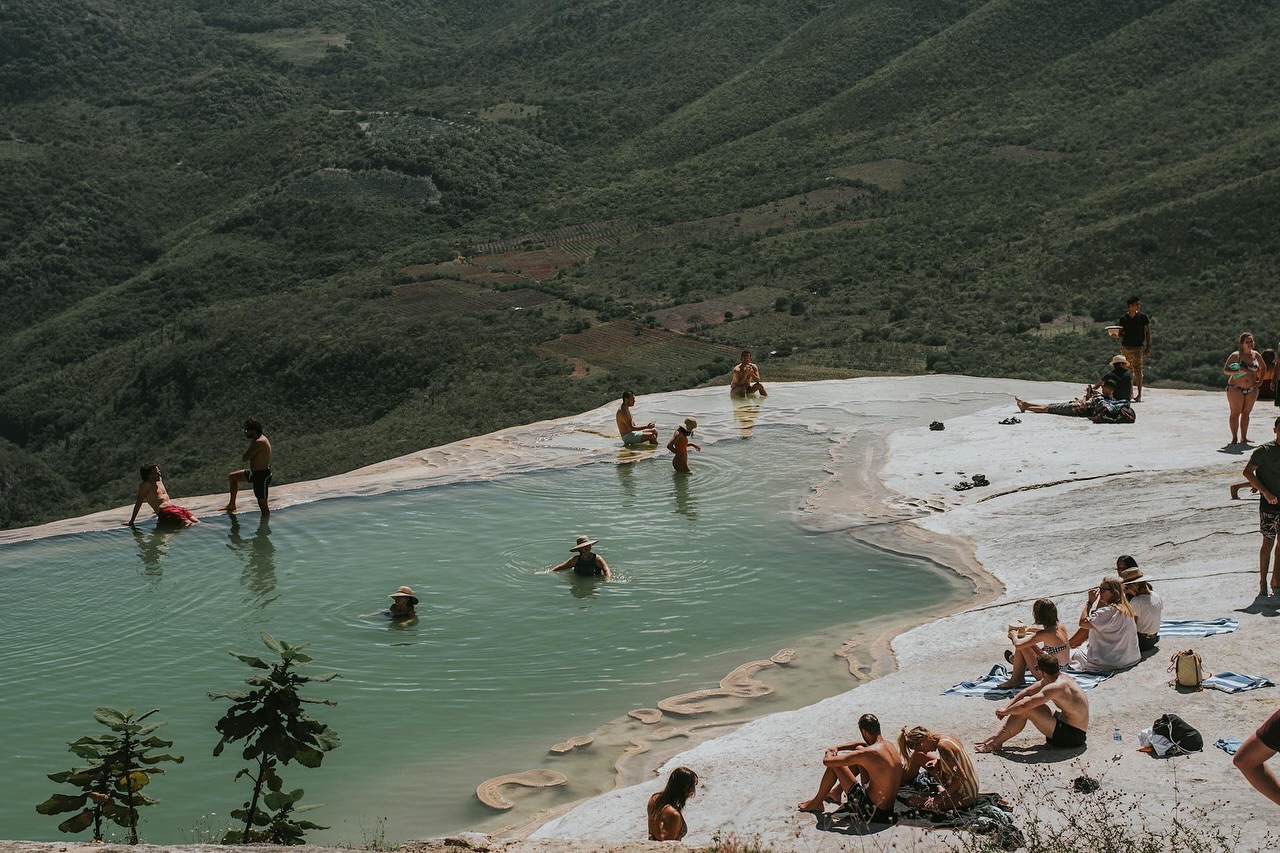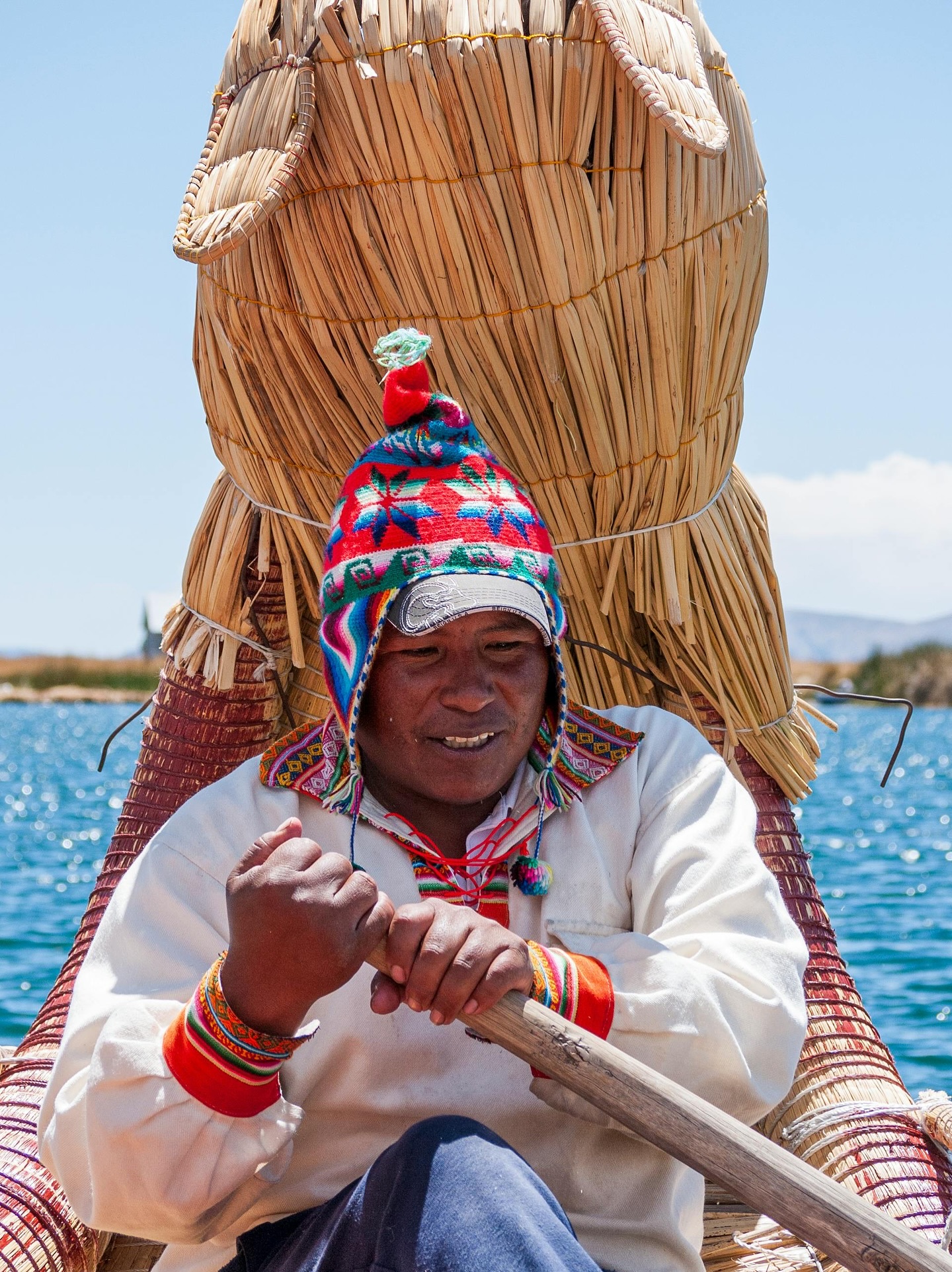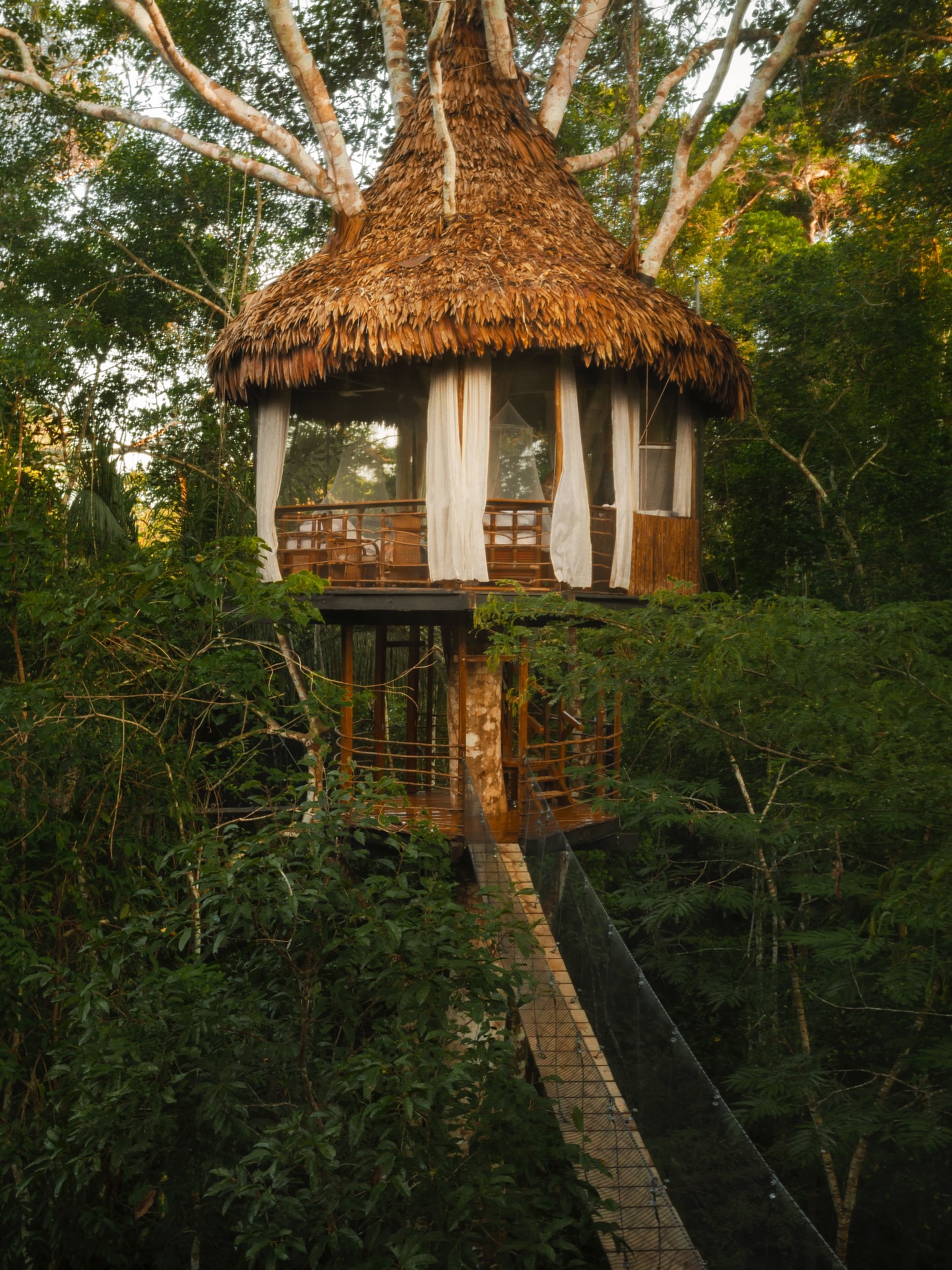Why is it important to Travel Differently ? To change mindset of the majority of the people who are traveling ? What if we can think about the tourism differently ? What if tourism was based on helping local people ?
There are so many answers to all these questions that we recommend you the movie "the last tourist", you will find here the 5 good reasons to watch it!
On the other hand, we are going to explain you in this article how to travel differently, and to give you some advices to change your way of traveling for your next vacations!
There are many ways to travel differently, and all of them will help reduce your impact on these places of outstanding beauty.
Here are the 6 tips to travel differently :
1- Avoid Tourist Traps
Before visiting a new location for a holiday, learn as much as you can about it online or by purchasing a travel guide. Check tourist traps using Google and Trip Advisor.
You have to stay away from busy tourist locations (popular museums, sites, etc). Also, go along little streets and find a location to dine or to shop authentic things. What you have to know; never purchase anything from a stranger on the street, especially in a touristy area!
2- Adopt the slow travel and avoid taking the plane !
Wouldn't it be better to have the opportunity to travel differently while reducing your carbon footprint?
What if we adopt the "slow travel", a new way of traveling that respects the local communities and the environment! The objective is to privilege the quality of the experience rather than the quantity of planned activities.
The trick is to determine the best time of year for boats from a given location to sail across to the Americas.
The one I am most familiar with is in November, when numerous boats depart from the Canary Islands (just off the coast of Africa) and make sail across the Atlantic. Although arrival locations vary, Mexico, Brazil, and Panama (with its renowned canal) are frequently used as drop-off locations.
The best part of such trips is how many skills you may pick up, as captains typically instruct you on sails, stars, safety, and nautical navigation.
It's an incredible experience to be out on the water at night with only the canopy of stars around you, as I discovered when I boat-hitchked in Southern Africa. A fun and extremely affordable way to travel to Latin America is by boat, which is typically provided free of charge in exchange for board and chores, such as cooking and cleaning.
However, the drawbacks of hitching a ride on a boat are primarily time-related.
Getting a ride can take days or even weeks of waiting about ports and asking various people for a ride. Of course, the trip itself takes a long time, which is a great pain if you don't get along with the other passengers.
%2520(1)%2520(1).avif)
3- Limit what you buy !
- Buy local. Buying local products cuts out the middleman and keeps your money in your community, which is good for everyone involved. Plus, it’s usually fresher and more delicious than food shipped across the country.
- Buy in bulk. This can save you both money and time, as you won’t have to worry about buying small amounts of things all the time or running out before next week's delivery arrives (which has happened to me more than once).
- Buy reusable instead of disposable. That includes shopping bags and water bottles! If you can't reuse something multiple times, then buy something that will last longer than its counterparts made with plastic or paper: stainless steel cups are a great option for this purpose since they will never wear down like ceramic ones do over time thanks to frequent washing; metal straws last forever; metal utensils last longer than their plastic counterparts; cloth napkins don't break down like paper ones do after repeated use...
Ever wondered where your convenience food packaging ends up?
Have you ever wondered where your convenience food packaging ends up?
In the amazon, single use plastic is a problem.
Let's not talk about the ocean, which is littered with it and whose marine life is dying because of it. But there is another place that uses a lot of single-use plastic: the rainforest. Specifically, in Manaus, Brazil, the largest city in the Amazon region.
The city has been flooded by trash from nearby cities for decades now, and there's no sign of it stopping anytime soon because many people still don't understand how important recycling is or what happens when they throw away their cans and bottles after they've finished drinking them.
That’s why we decided to visit this beautiful country on our trip around South America!
4- Support local shops, suppliers and restaurants
Supporting local shops, restaurants and suppliers that rely on tourism for survival, instead of large multinational chains like McDonalds or Starbucks (which tend to have low wages).
Book direct with local accommodation providers.
The benefits of direct booking with local accommodation providers are numerous, including supporting the local economy and employing locals. Plus you'll get to taste new foods and experience the culture of the area you're visiting.
- Book direct with local and sustainable accommodation providers
- Support your local business owners whose livelihoods rely on tourism revenue from visitors like yourself!
%2520(1).avif)
5- Go off the beaten track
Try exploring lesser-known areas or taking a different route than what's expected, as this is often where nature flourishes. For example, by cycling between villages in Vietnam instead of driving, visitors can enjoy a stunning view while reducing their carbon footprint at the same time!
Traveling off the beaten track is one of the best ways to experience a destination differently. You'll discover hidden gems and encounter locals who won't be found in guidebooks or on any map. The journey itself becomes an adventure: you'll find yourself trekking through jungles, sleeping under starry skies, or simply wandering past an interesting storefront that you'd never have seen if you were following a set itinerary.
It's also better for the environment, it's much easier to leave nothing behind when there isn't anyone else around!
%2520(1).avif)
6- Be curious to learn more about your destination's culture and customs
You can be curious to learn more about your destination's culture and customs.
- Ask questions of locals or other travelers. Questions like, "What are the most interesting things to do here?" and "Where is the best place for a good meal?"
- Listen carefully to their answers. Then be respectful of the culture, try to learn some basic language, and be open-minded about trying new things!
Interact with communities as if you were visiting family or friends
Asking questions and getting to know the people you interact with is one of the most effective ways to travel differently. The best way to do this is by making friends. If you're traveling alone, it's easy to become introverted and cut off from other people. When we're on vacation, we tend to spend a lot of time by ourselves when really interacting with locals can be so rewarding!
We've found that being open and friendly helps you make connections in any country or community. Even if they don't speak your language, it's still possible—just try smiling at them! Be friendly and polite, even if all they do is give you a funny look back (we've all been there). You'll find that merely approaching someone in an honest way will often lead them into conversation with you about their culture and traditions without fail. Once this happens, ask about their food or music or politics; whatever interests them will likely interest you too!
.avif)
There are many ways you can travel differently to reduce your impact on these places of outstanding beauty, which include being mindful of the waste you create, buying locally and avoiding single-use plastics Your enjoyment of these beautiful places will be heightened when you become aware of the impact your presence has on them and start to travel differently !
There are many ways you can travel differently to reduce your impact on these places of outstanding beauty, and try to leave no trace of your passage :
- Pack out all your trash. No matter how small it is, if you brought it in with you, then it should be packed out with you. This is especially important to remember when traveling abroad. While we Americans are used to our waste management systems and probably don't think twice about tossing anything into a trash can or recycling bin on a daily basis, other countries may not have the same infrastructure in place (or they might not even have any waste management system at all). If you see an overflowing dumpster or a pile of garbage on the side of the road in another country, there's no doubt that someone had to bring it there themselves—and chances are that someone was probably American. So please remember: bring back what belongs only here!
- Pack out all food waste—and then some more just for good measure! Food waste is one of those things people don't usually think about when they're traveling because they assume their hotel rooms will take care of everything after they check out. But guess what? Not every hotel has composting bins or recycling programs like ours does here at home (in fact most hotels don't). If this sounds like something new for you too then take some time before heading out so that next time around there won't be anything left over but memories (plus maybe some souvenirs).)
Try to Travel Differently and make tourism a vehicle for positive change !
The world is full of incredible places to visit, but it’s also important that we do so in a way that won’t damage them. Traveling differently can help you to have a better experience while still being respectful of the environment around you.
{{component-create-my-trip="/"}}


%2520(1).avif)



.avif)
.avif)
%2520(1).avif)


